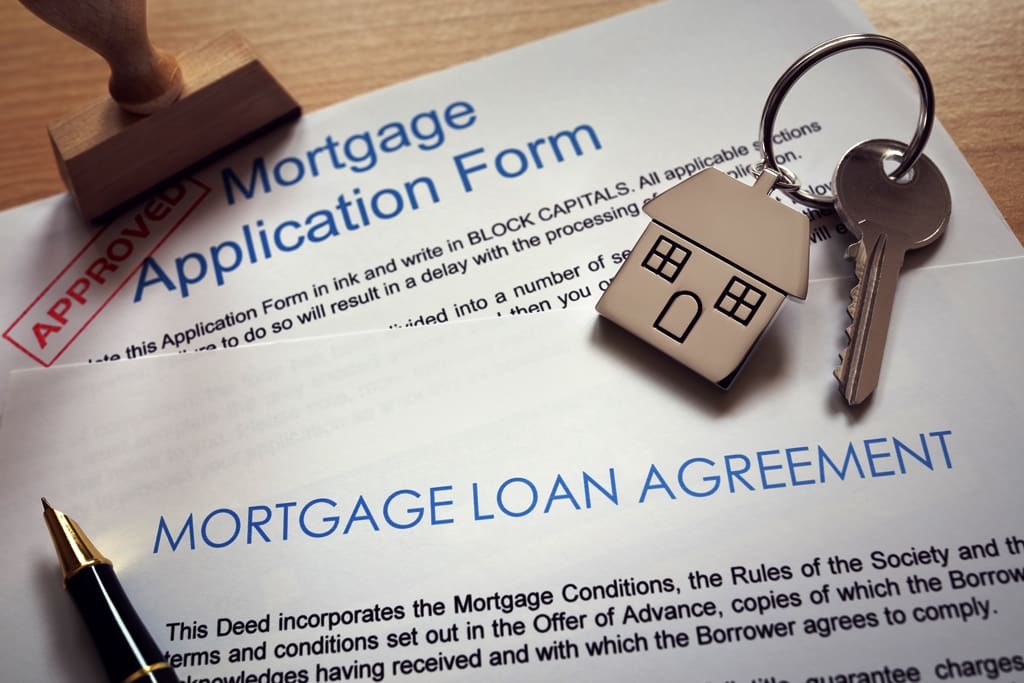When selling your home in a competitive market, it’s tempting to gravitate towards the highest offer. However, the best offer isn’t always the one with the largest number attached. Evaluating an offer’s overall value involves considering factors beyond just the price. For instance, the buyer’s financial stability, the flexibility of the closing timeline, and the likelihood of the sale actually closing are crucial components. Understanding these elements can help ensure a smoother transaction and prevent future headaches.
Considering the Buyer’s Financial Stability

One of the most critical aspects of choosing the best offer is evaluating the buyer’s financial stability. Pre-approved buyers are generally more reliable than those who are merely pre-qualified, as pre-approval involves a more thorough examination of their financial situation. Additionally, buyers who can make a substantial down payment or are paying in cash often provide greater security. These buyers are less likely to encounter issues with loan approvals, reducing the risk of the deal falling through. Ensuring the buyer’s financial health can save you time and stress down the line.
Evaluating Contingencies and Flexibility
Offers often come with various contingencies that can significantly impact the selling process. Common contingencies include home inspections, appraisals, and financing. While these are standard, offers with fewer contingencies are generally more attractive as they present fewer opportunities for the deal to unravel. Additionally, consider the buyer’s flexibility regarding the closing date. If you need to move quickly or require more time to find your next home, an offer that aligns with your timeline can be more beneficial than a higher offer with rigid terms.
Weighing the Likelihood of Closing

The likelihood of an offer closing smoothly is another essential factor to consider. Offers from buyers working with reputable lenders or those who have a strong history of completing transactions on time are more likely to close without issues. Reviewing the buyer’s history and their real estate agent’s reputation can provide insight into the likelihood of a successful close. Additionally, offers that require less negotiation and fewer repairs are generally less risky, reducing the potential for delays or complications.
Balancing Emotional and Practical Considerations
Selling your home can be an emotional process, and it’s important to balance these feelings with practical considerations. While a higher offer can be exciting, it’s crucial to objectively evaluate all aspects of the offer. This includes understanding the buyer’s situation and intentions, as well as your own needs and timeline. Keeping a clear head and considering professional advice from your real estate agent can help ensure you make the best decision for your unique situation. Remember, the goal is to choose the offer that provides the most security and meets your overall needs, not just the one with the highest price.
#HomeSelling #RealEstateTips #BestOffer
